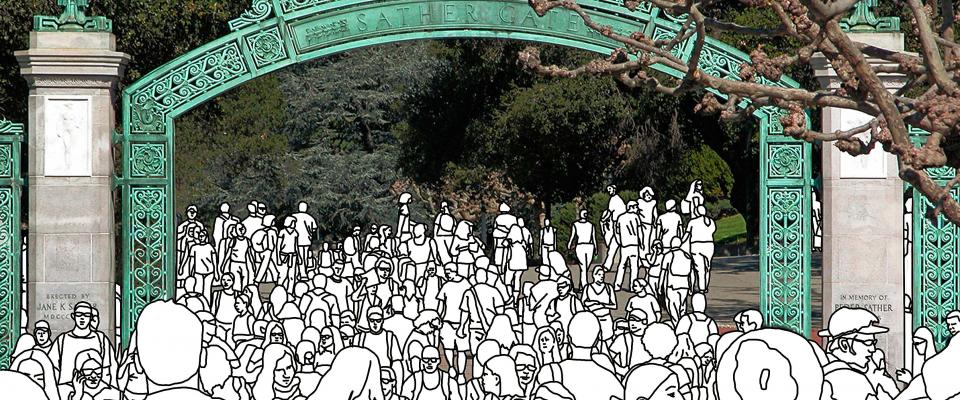A proposed state constitutional amendment that aimed to diversify California’s public universities—but which some opponents dubbed “the most racist bill in the history of California”—has been put on ice. At least for now.
This week’s news that Senate Constitutional Amendment 5 will not be taken up by the state Assembly marks a dramatic reversal of fortune for the bill, which sailed through the Senate in January on a 27-to-9 vote.
But since that vote, public opposition to the measure, a proposed ballot proposition that would repeal California’s two decade long ban on affirmative action programs at public universities, has swelled, forging an unlikely alliance between conservative politicians in California and a constellation of non-partisan Asian-American social justice organizations across the country. As California Online previously reported, opponents of SCA 5 have taken to Chinese-American news outlets, town hall events, and social media sites to rally against the so-called “Skin Color Act.” A “Vote No to SCA 5!” petition on Change.org has garnered more than 113,000 signatures.
This backlash has led some state Democrats, once supportive of the bill, to reconsider. In a letter to Assembly Speaker John Pérez, state senators Ted Lieu, Carol Liu, and Leland Yee—all of whom voted for SCA 5 last January—asked Pérez to hold off.
“Prior to the vote on SCA 5 in the Senate, we heard no opposition to the bill. However, in the past few weeks, we have heard from thousands of people throughout California voicing their concerns about potential impacts,” they wrote. “As lifelong advocates for the Asian American and other communities, we would never support a policy that we believed would negatively impact our children.”
Sen. Ed Hernandez, sponsor of SCA 5, was less generous in his description of the anti-SCA 5 grassroots.
“Given the scare tactics and misinformation used by certain groups opposed to SCA 5, we felt it is necessary to have a discussion based on facts and take the time to hear from experts on the challenges our public universities and colleges face with regard to diversity,” he said at a press conference. Hernandez also announced the formation of a commission that will hold hearings on the law across the state.
Until that commission delivers its report, the Legislature apparently has no intention of revisiting the subject of affirmative action at state schools. In other words, Sen. Ted Lieu told California public radio station KPCC, “SCA 5 is dead for the year.”
While many may see this as a clear-cut victory for the anti-affirmative action grassroots, Shien Biau Woo, co-founder of the 80-20 Initiative, an East Coast-based Asian-American political organization that helped lead the charge against SCA 5, isn’t celebrating just yet.
“Could it come back 2 years from now? Quite likely!” he wrote on the 80-20 blog this morning. “See how the CA Democratic politicians responded to your protests? If many of us register as Republican voters today, they’ll really get your message. They’ll never touch SCA 5 again!”
Speaking to California Online last week, Woo argued that the campaign against SCA 5 could help mobilize large portions of the Asian American community—as well as send a message to politicians that the community can’t simply be “stepped on.” Now that the message was apparently heeded, Woo was asked if he hoped state legislators had learned a lesson from this experience. “A lesson? Perhaps,” he wrote in an email response. “It is also our effort to help make America ‘a more perfect union.’ ”
This story is an update to our previous report on SCA 5.





















